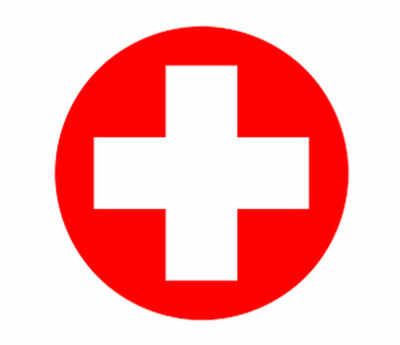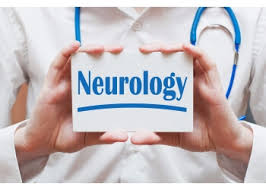Why Protein is so important and how much is needed By Dr Gautam Arora Neurologist
Industry: Healthcare
Protein and Daily living By Dr Gautam Arora
Monroe, NJ (PRUnderground) March 7th, 2022
Over the past two decades, the potential muscle-related benefits achieved by consuming higher-protein diets have become increasingly clear. Despite greater awareness of how higher-protein diets might be advantageous for muscle mass, actual dietary patterns, particularly as they pertain to protein, have remained relatively unchanged in American adults.
Here are some other important facts about protein:
- Essential macronutrient, which means you need an adequate amount of protein in your diet to stay healthy
- Needed to maintain muscle mass
- Helps with keeping blood sugars stable
- Maintains hunger
- Responsible for growth, repair and maintenance of cells – amino acids are the building blocks of protein – they play a major role in hair growth
- Not getting enough protein in your diet can result in your body utilizing muscle for energy
- Builds muscle, cartilage and skin
- Plays a role in hormonal regulation
The Recommended Dietary Allowance (the amount to meet the nutritional needs of almost all healthy people) is 0.8 grams (g) of protein per kilogram (kg) of body weight. To maintain nutritional balance, the U.S. Department of Agriculture’s guidelines recommends protein make up about a quarter of your plate.
To calculate the target number of grams of protein you should eat each day, take your body weight in pounds and multiply it by 0.36. The result should get you within the recommendation to source 10 to 35 percent of your daily total calories from protein. (2) Usually that means having some kind of dairy at each meal plus a piece of meat — that’s 3 ounces (oz) — or the equivalent amount of plant-based protein at lunch and dinner.
Keep in mind that these recommendations may change depending on age and health. The recommendation changes for athletes, too. People who exercise frequently or are training for a race need to increase their protein intake to between 1.1 and 1.7 g per kg of body weight daily. Anything over 2 g per kg of weight is considered excessive.
Very low protein intake can lead to:
- weak muscle tone
- swelling due to fluid retention
- thin, brittle hair
- skin lesions
- in adults, a loss of muscle mass
- in children, growth deficits
- hormone imbalances
References
1. Jäger R., Kerksick C.M., Campbell B.I., Cribb P.J., Wells S.D., Skwiat T.M., Purpura M., Ziegenfuss T.N., Ferrando A.A., Arent S.M., et al. International Society of Sports Nutrition Position Stand: Protein and exercise. J. Int. Soc. Sports Nutr. 2017;14:20. doi: 10.1186/s12970-017-0177-8. [PMC free article] [PubMed] [CrossRef] [Google Scholar]
2. Trumbo P., Schlicker S., Yates A.A., Poos M. Dietary Reference Intakes for Energy, Carbohydrate, Fiber, Fat, Fatty Acids, Cholesterol, Protein, and Amino Acids (Macronutrients) National Academies Press; Washington, DC, USA: 2005. [PubMed] [Google Scholar]
3. Wolfe R.R., Miller S.L. The recommended dietary allowance of protein: A misunderstood concept. JAMA. 2008;299:2891–2893. doi: 10.1001/jama.299.24.2891. [PubMed] [CrossRef] [Google Scholar]
4. World Health Organization. Food and Agriculture Organization of the United Nations. United Nations University . Joint Expert Consultation on Protein and Amino Acid Requirements in Human Nutrition. WHO; Geneva, Switzerland: 2007. Protein and Amino Acid Requirements in Human Nutrition: Report of a Joint WHO/FAO/UNU Expert Consultation. (WHO Technical Report Series). [Google Scholar]
5. Stokes T., Hector A.J., Morton R.W., McGlory C., Phillips S.M. Recent Perspectives Regarding the Role of Dietary Protein for the Promotion of Muscle Hypertrophy with Resistance Exercise Training. Nutrients. 2018;10:180. doi: 10.3390/nu10020180. [PMC free article] [PubMed] [CrossRef] [Google Scholar]
About NPMC Neurology and Pain Management Clinic
NPMC Neurology and Pain Management Clinic
E164/1 Kamla Nagar Delhi
info@neuroandpain.clinic
www.neuroandpain.clinic
+918810340685





